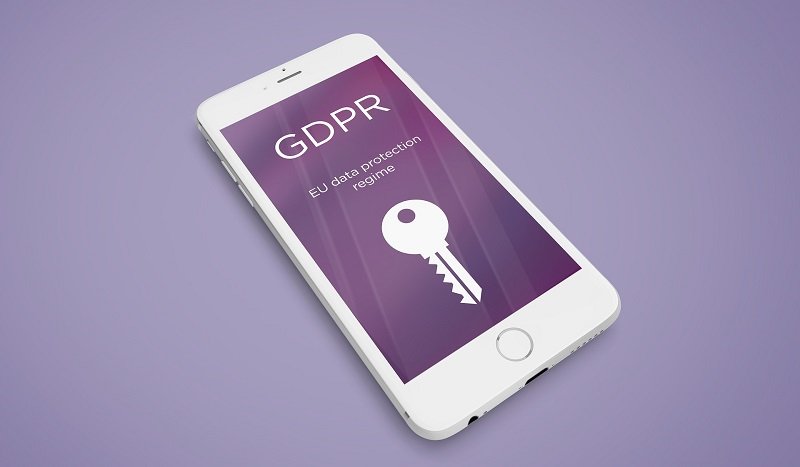
Developing software that meets the specific demands of customers is at the heart of what we do at Brandon Cross. Of course, the recently implemented General Data Protection Regulations, or GDPR, mean that it is essential that all solutions comply with the rules surrounding data recording, management and usage.
In what ways can we make sure that the applications we develop for clients are compliant with GDPR?
Limit The Information Software Captures
The simplest way you can ensure your software is less likely to fall foul of GDPR is to not store non-essential information in the first place. Put simply, only collect the data you need. A bespoke application can always be set up to allow you to harvest the metrics most relevant to your business, without collecting sensitive, irrelevant data.
Design In-Data Protection By Default
The data that a program uses must be protected. Users should be able to set their own passwords but be obliged to set strong ones. Data managers will have greater rights to data than ordinary users and be able to access more information. Ordinary users should have limited rights that only allow them access to the data they need for their own role in the workplace. GDPR makes it clear that data protection must be inherent in the design of any software that you use, and not bolted-on as an afterthought. Most proprietary applications have pre-determined access levels that may or may not work for you. A bespoke application can have an inbuilt hierarchy of access permissions that directly correlates to the structure of your business.
Conduct A Data Protection Impact Assessment
Better known as a DPIA, a data protection impact assessment is needed for software that is under development, as well as existing applications. Usually the software developer runs the DPIA, which will document the necessity, proportionality and compliance measures of any data protection actions taken. In cases where high risks are identified which cannot be overcome, it is necessary to inform the Information Commissioner’s Office which will advise on the viability of the software development in question.
Delete Unused Data
You should only store data for as long as it is needed. Many software systems rely on databases which slowly fill up with data as the programs that have access to them are used. Under GDPR, software developers must develop means by which data that is not relevant is culled, so that the risk of a massive data breach is lessened.
Adopt Technical Security Measures
Lastly, modern business software should be developed with high levels of encryption and anonymisation. This means that if data is captured by a third-party, it will not constitute a full data breach. Technical security measures also apply to the way in which software is backed up and stored.
Find Out More
Call us for a friendly chat about securing your web portals with newly developed bespoke software.


